CULTIVATING PEACE: PROPOSALS FOR NEW
INTERNATIONAL OBSERVANCES
Authored by Maral RAHYMOVA, Second Secretary of the Embassy of Turkmenistan in Belgium, Mission of Turkmenistan to the EU
As the international community marks the United Nations-designated International Year of Peace and Trust 2025, initiated by Turkmenistan, the global spotlight is rightly focused on the enduring values of diplomacy, dialogue, and mutual understanding. In this pivotal year, which also commemorates the 30th anniversary of Turkmenistan’s permanent neutrality, I find it timely and personally compelling to contribute to the ongoing conversation with several proposals that, in my view, could further institutionalize the principles of peace on a global scale.
Drawing from my professional experience as a diplomat, and reflecting on many multilateral discussions and initiatives I have observed, I believe there are five new international observances that the United Nations could consider declaring: the World Day of Mediators and Peacemakers, the International Day of Preventive Peace, the Global Dialogue Day, the International Day of Peace Education, and the International Day for the Healing of Historical Wounds.
The rationale behind these proposals stems from the pressing need to embed a forward-looking, practical culture of peace into the global institutional architecture. The World Day of Mediators and Peacemakers would serve to honor those individuals and groups who, often behind the scenes, work tirelessly to prevent conflicts from erupting or escalating. In a world where over 120 million people are forcibly displaced due to conflict, violence, and instability, the contributions of professional mediators, community peacebuilders, and even local elders deserve recognition, support, and development.
In parallel, the International Day of Preventive Peace would reinforce a critical yet under-emphasized element of the peace and security agenda. Preventive diplomacy remains underutilized globally, even though it has proven cost-effective and human-centric. Turkmenistan’s own efforts, such as supporting the UN Regional Centre for Preventive Diplomacy for Central Asia in Ashgabat, demonstrate how early engagement can avert deeper crises. By creating an annual observance focused specifically on prevention, the international community can shift focus from reaction to resilience.
Global Dialogue Day would provide a platform to celebrate and encourage open, respectful, and empathetic communication across ideological, cultural, and generational divides. In a hyper-polarized global environment, dialogue is often the first casualty of conflict. Yet, it is also the first step toward healing. A designated day could mobilize youth forums, interreligious conversations, digital diplomacy initiatives, and citizen-to-citizen engagement across borders.
The International Day of Peace Education would spotlight the transformative power of learning and teaching nonviolence, critical thinking, and intercultural understanding. While comprehensive global statistics remain unavailable, UNESCO and other international bodies consistently emphasize the urgent need to expand access to peace and conflict resolution education. Integrating such education into national curricula can equip future generations with the tools they need to navigate a complex and interconnected world. Such an observance would align well with Sustainable Development Goal 4 on inclusive and equitable quality education.
Lastly, the International Day for the Healing of Historical Wounds would invite the global community to reflect on and address the lingering pain associated with complex historical experiences – including mass violence, forced migration, and cultural loss. While there are existing days of remembrance tied to specific historical tragedies, this proposal envisions a more universal, future-oriented observance. Healing is not about reopening wounds, but about creating space for acknowledgement, reconciliation, and justice.
These proposals are my personal views. They are inspired by the spirit of the International Year of Peace and Trust, and by a belief that symbolic actions – when backed by genuine intent – can shape the norms and priorities of generations to come. If the global community seeks not only to celebrate peace but to cultivate it systemically, then we must continually find new ways to recognize, educate, and connect around the shared goal of a more harmonious world.
The December 2025 International Forum “Peace and Trust” in Ashgabat will undoubtedly serve as a defining moment for reflection and foresight. It is my hope that initiatives like the ones outlined here might find resonance in that gathering and beyond, helping to build not just peace for a day, but trust for the decades ahead.






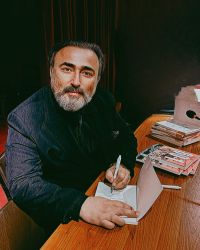


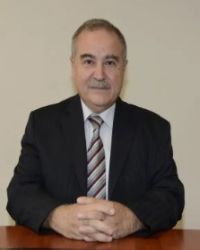
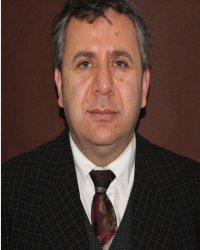
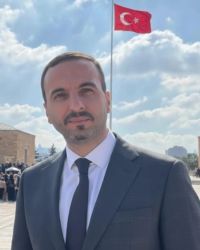

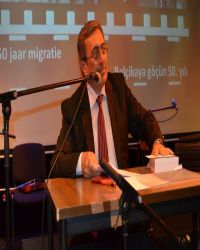

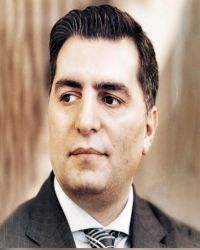








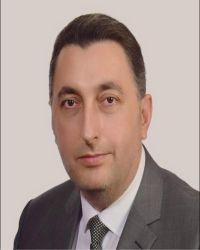
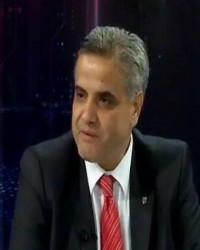

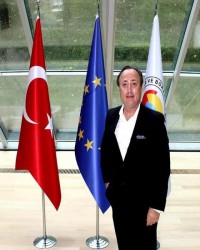

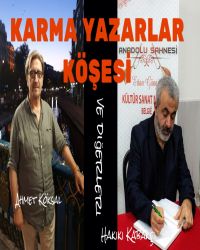


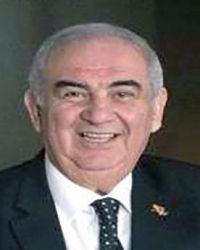
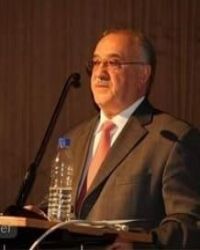
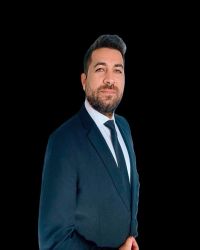
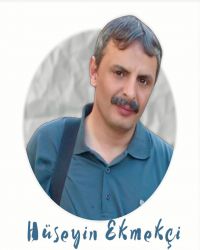



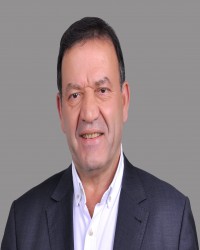


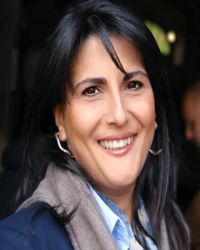
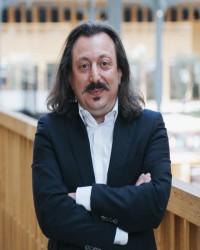

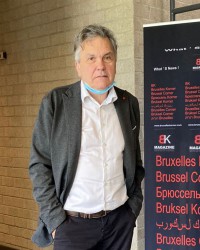
Yorum Yazın
Facebook Yorum